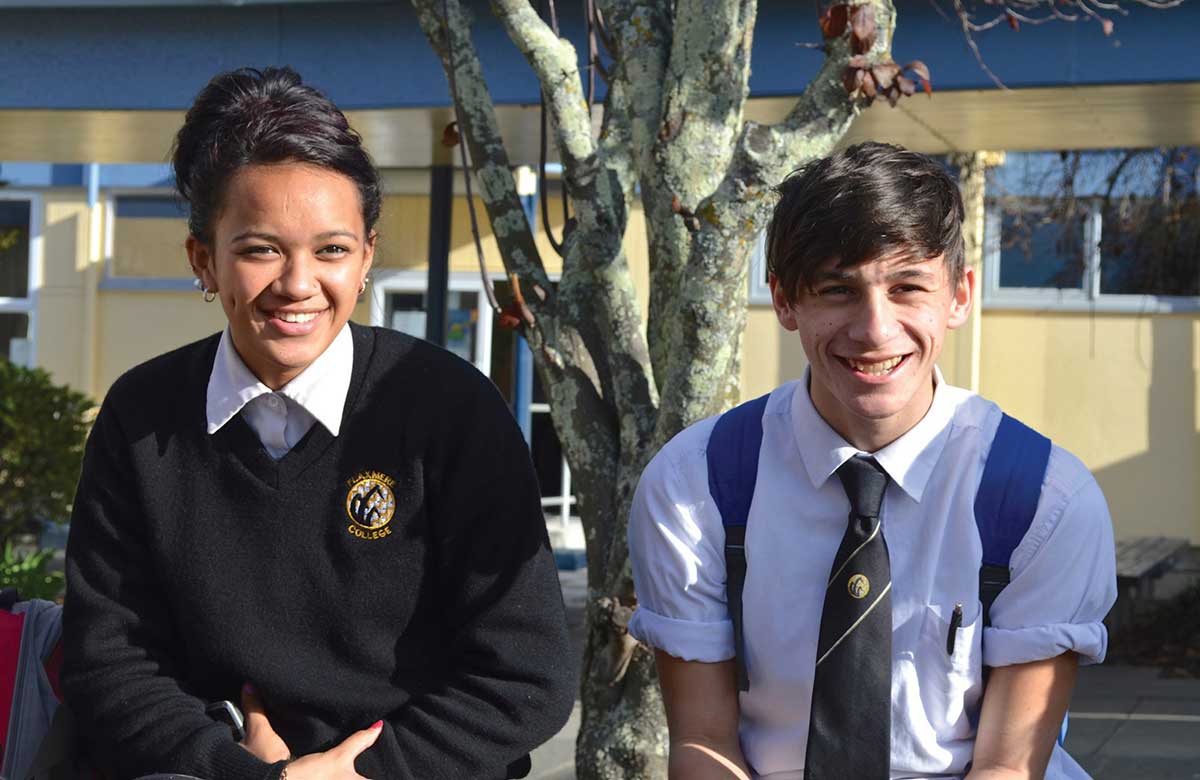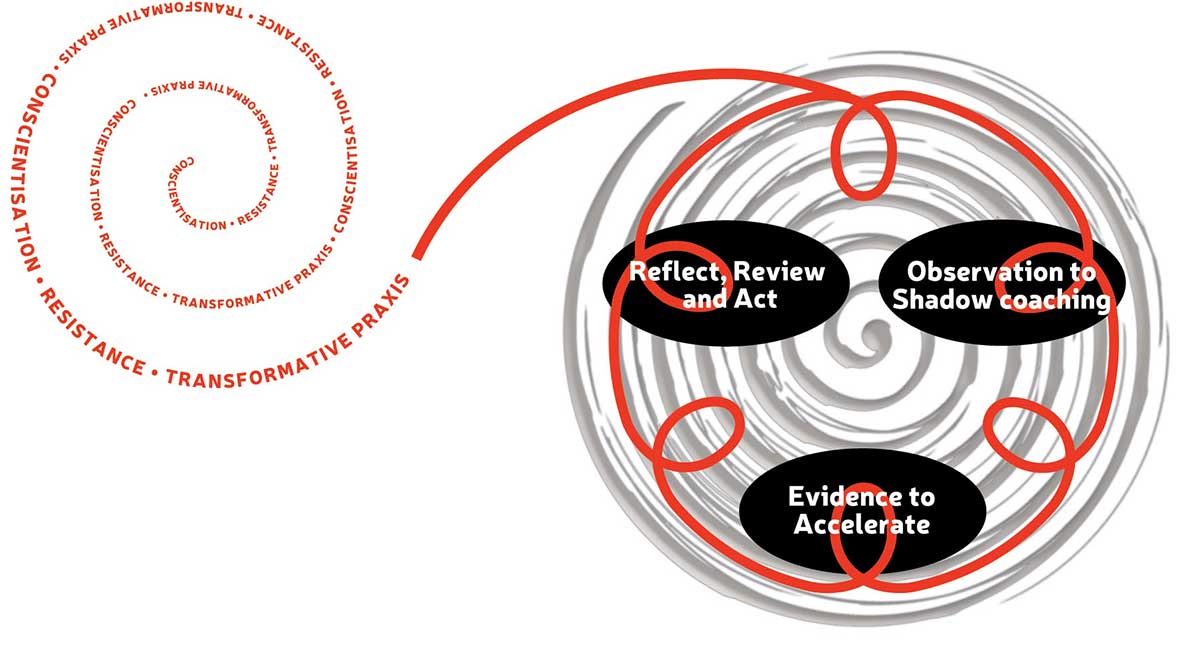Me aro ki te hā o te ākonga
Be responsive to students learning, identities and wellbeing
Culturally Responsive and Relational Pedagogy


Me aro ki te hā o te ākonga
Be responsive to students learning, identities and wellbeing
In Kia Eke Panuku, culturally responsive and relational pedagogy is understood to be contexts for learning where learners are able to connect new learning to their own prior knowledge and cultural experiences. Each learner’s ‘cultural toolkit’ (Bruner 1996), is accepted as valid and legitimate. In this way, cognitive levels and learning activities are responsive to the interests and abilities of individual learners.
Learning activities are interactive, dialogic and spiralling and students have opportunities to engage within their zone of proximal development (Vygotsky, 1976).
Teaching and learning roles are interdependent, fluid and dynamic; students and teachers are able to learn with and from other learners (ako). Feedback and feed forward provides learners with specific information about what has been done well and what needs to be done to improve.
Resources comprising videos and sets of focusing questions have been developed with Kia Eke Panuku schools to deepen our understanding of effective contexts for learning. Click on the link to explore the video collection which features contributions from Queen Charlotte College and Naenae College.
 The experiences of year 9 and 10 Māori students helped to develop the Te Kotahitanga Effective Teaching Profile.
The experiences of year 9 and 10 Māori students helped to develop the Te Kotahitanga Effective Teaching Profile.
This research showed that teachers who implemented this profile effectively developed pedagogy that was culturally responsive and relational. Pedagogy such as this involves:
Culturally responsive and relational leaders and teachers are potential focused. They understand they have the agency to create contexts for learning within which Māori learners can enjoy and achieve education success as Māori, and they use evidence of this to understand their own effectiveness.
In Kia Eke Panuku, culturally responsive and relational school leaders and teachers are involved in a dynamic and spiralling critical cycle of self-reflection and learning.
 Evidence of outcomes for Māori students, alongside evidence of current practice, informs new understandings of the implications of current practice (conscientisation).
Evidence of outcomes for Māori students, alongside evidence of current practice, informs new understandings of the implications of current practice (conscientisation).
School leaders and teachers then decide what they are doing that needs to change (resistance).
They reflect on and implement those changes that will lead to accelerating improved outcomes for Māori students (transformative praxis).